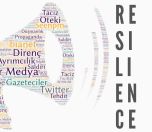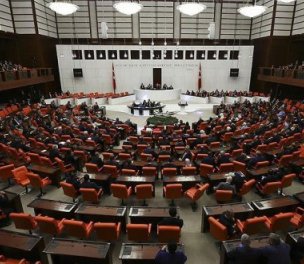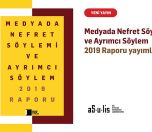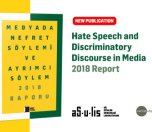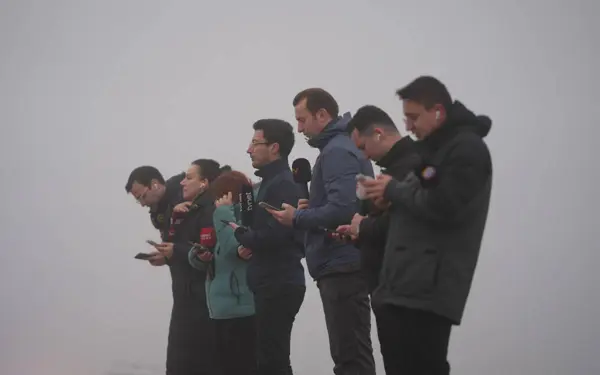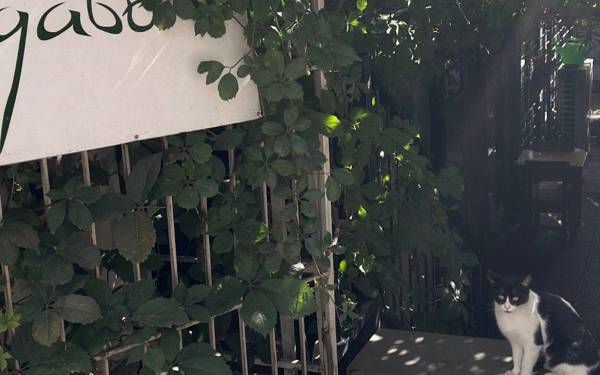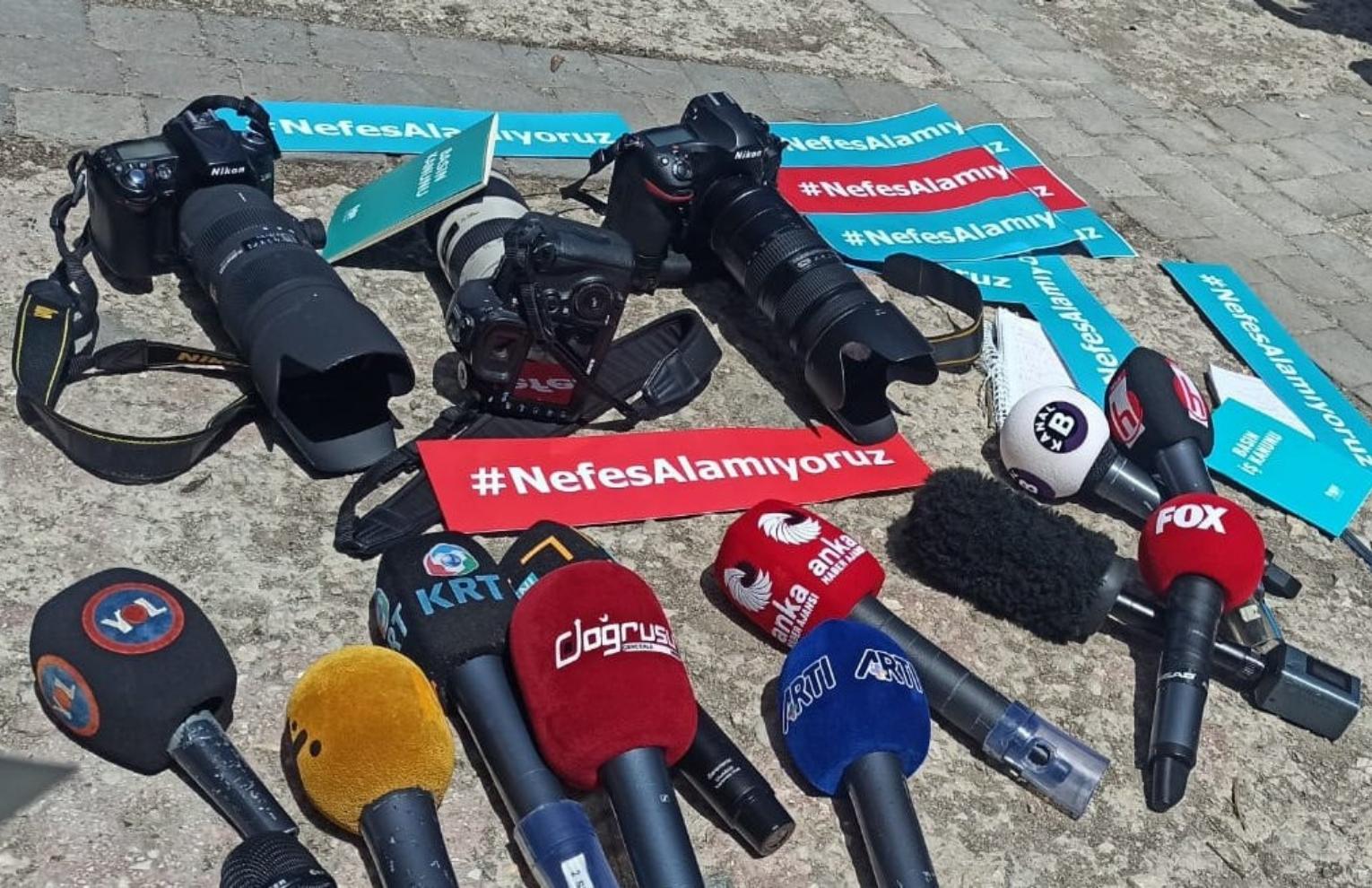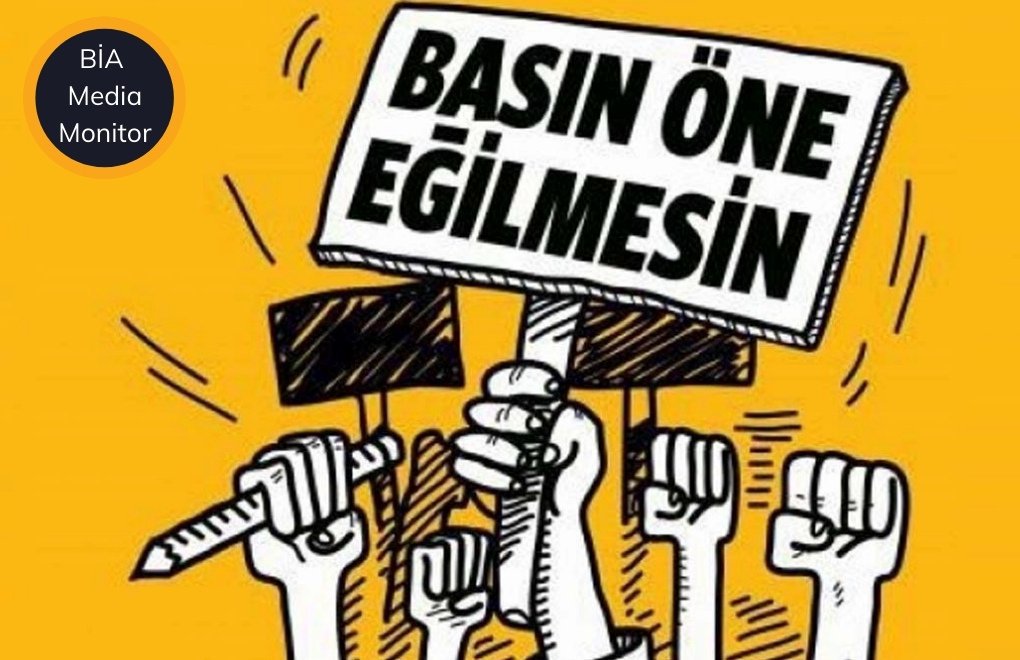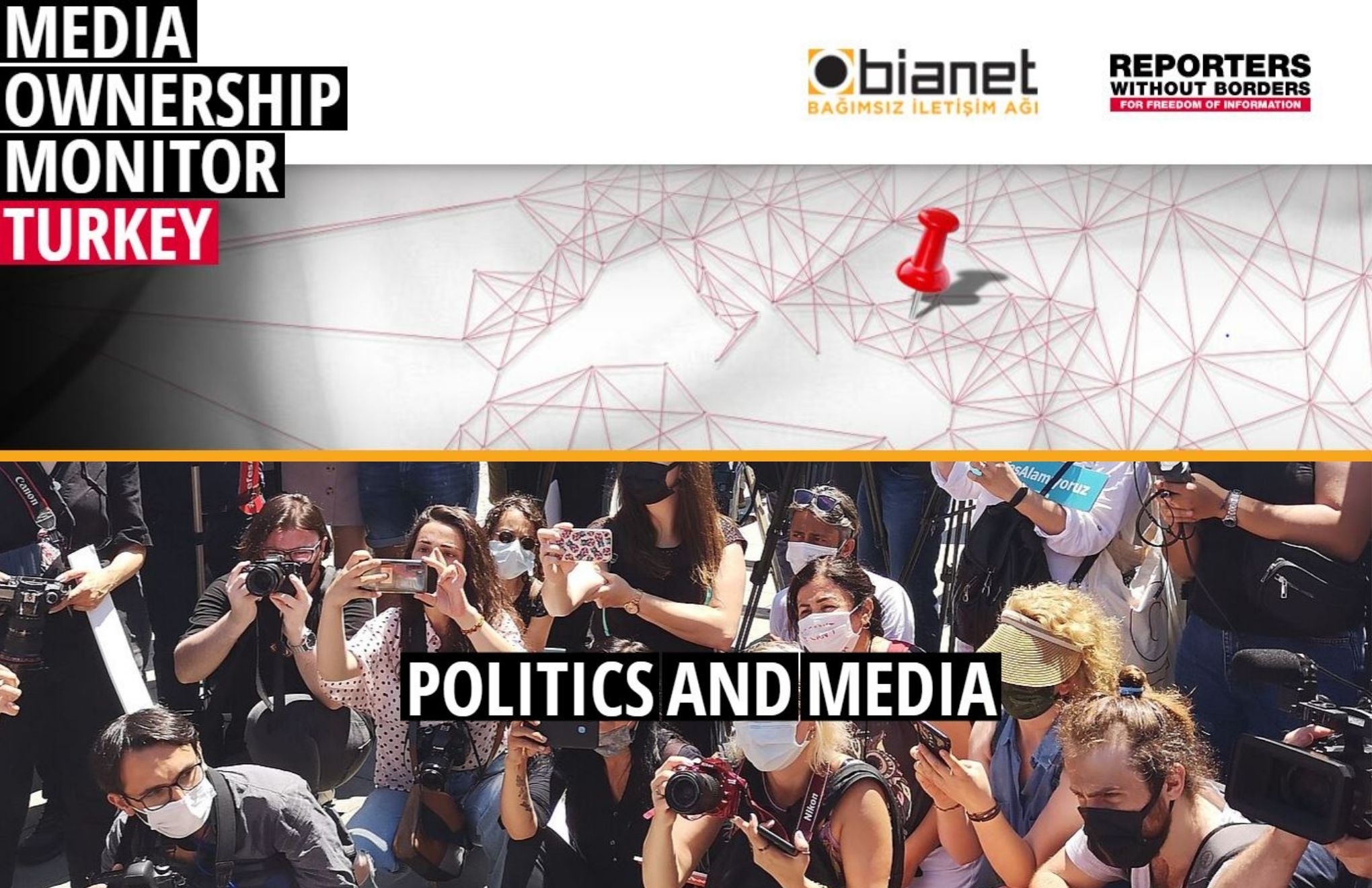* Image: South East European Network for Professionalization of Media (SEENPM)
Click to read the article in Turkish
As part of the "RESILIENCE: Civil society action to reaffirm media freedom and counter disinformation and hateful propaganda in the Western Balkans and Turkey" project, media development organizations in the Western Balkans have joined forces with the IPS Communication Foundation/bianet.
The three-year project is coordinated by the South East European Network for Professionalization of Media (SEENPM), a network of media development organizations in Central and South East Europe, and implemented in partnership with: Albanian Media Institute in Tirana, Foundation 'Mediacentar' in Sarajevo, Kosovo 2.0 in Pristina, Montenegro Media Institute in Podgorica, Macedonian Institute for Media in Skopje, Novi Sad School of Journalism in Novi Sad, Peace Institute in Ljubljana, and bianet in Istanbul.
The project is funded by the European Union (EU).
Scope of the project
Within the scope of this project, the first series of research reports analyze the Political Economy of the Hate and Propaganda Media in Albania, Kosovo, Montenegro, Northern Macedonia, Serbia and Turkey.
"Hate and Propaganda Media in Turkey: Affiliations, Models and Patterns", the first report published as part of the Resilience Project, is the result of a study conducted from May to July 2020 and offers a general overview of the political and economic affiliations of the hate and propaganda media in Turkey. The report also points at hate speech, propaganda and disinformation in Turkey's media through some recent examples.
The second part of the project will be implemented in September-October 2020 and report hate speech and disinformation against target groups in online media through certain cases in June 2019-June 2020.
Ownership structures
"Hate and Propaganda Media in Turkey: Affiliations, Models and Patterns" report is also based on the reports of organizations that have been monitoring hate speech in Turkey's media, namely the Hrant Dink Foundation, KAOS GL (Kaos Gay and Lesbian Cultural Research and Solidarity Association) and the Media and Refugee Rights Association, which had also been conducting media monitoring until January 2020.
Consisting of five chapters, the report highlights the political and economic background of the hate and propaganda produced in the media during the ruling Justice and Development Party (AKP) period. With an up-to-date summary, it also refers to the examples of media outlets and media professionals that disseminate hate speech against certain target groups and examples of disinformation in the media.
The chapter entitled "Ownership Structures of Hate and Propaganda Media" summarizes the hate and propaganda media in Turkey in terms of some pro- and anti-AKP media outlets' economic and political affiliations. This part also addresses the media environment in the AKP period, giving examples from the recent fines imposed by the Radio and Television Supreme Council (RTÜK) and Press Advertising Agency (BİK) on the critical media.
By citing pro-AKP outlets such as Yeni Akit and Sabah newspapers and the anti-AKP ones such as daily Sözcü from the printed press, this part also points at the political and economic affiliations of the owners of media outlets disseminating hate and propaganda, thereby providing a general perspective on their ownership structures.
The report reaffirms the commitment not only of the pro-government media to spreading propaganda and disinformation but also of the patriotic media's hate-filled news reporting when the "national interests" are at stake. This part also mentions the efforts to struggle against hate speech.
Media organization
The chapter entitled "Organization of Hate, Disinformation and Propaganda in the Media" addresses the contents of hate, disinformation and propaganda models and certain stereotypes shared through certain media outlets.
Among the examples cited in this part is hate speech and disinformation against Kurdish politicians, LGBTI+s and Syrian refugees. This section also refers to the trolls in online media, the works of Bosphorus Global and the July 2019 report of the SETA foundation as examples of disinformation.
The last part of the report summarizes the main findings of the study and underlines the urgent needs regarding Turkey's current media environment. In conclusion, the report reiterates that new regulations for media ownership, which is one of the most important conditions for a democratic media environment, are needed in order to break the domination of hate media in a hopefully pluralistic media environment.
"Ownership pluralism, one of the pivotal conditions of a democratic media environment, should be ensured through new regulations that break down the conflicts of interest between media groups and power," it underlines.
At the end of the report, some policies are recommended for the struggle against hate speech and disinformation in general and regulations about the media ownership structure in Turkey in particular:
"This report principally suggests the urgency of the need for a self-regulatory mechanism developed by civil society and independently from the government to monitor hate speech, disinformation and propaganda.
"This mechanism would also need to be applicable to social media in Turkey where the government's control of the media and communication conflicts with fundamental principles of freedom of speech.
"This is because its decisions in relation to sanctions are arbitrary and do not guarantee the rights of the most vulnerable members of society nor protect them from being targeted by hate speech."
Click here for detailed information
Click here to read in Turkish
Click here to read in English
RESILIENCE Project (May-July 2020)
Hate and Propaganda Media in Turkey: Affiliations, Models and Patterns
Author: Sinem Aydınlı
Editor, regional lead researcher: Brankica Petković
Language editor: Fiona Thompson
Design: Špela Kranjec for Filip Kranjec s.p., Ljubljana, Slovenia
Publishers: SEENPM, Tirana, Peace Institute, Ljubljana and bianet, Istanbul
(SA/NÖ/SD)




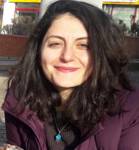
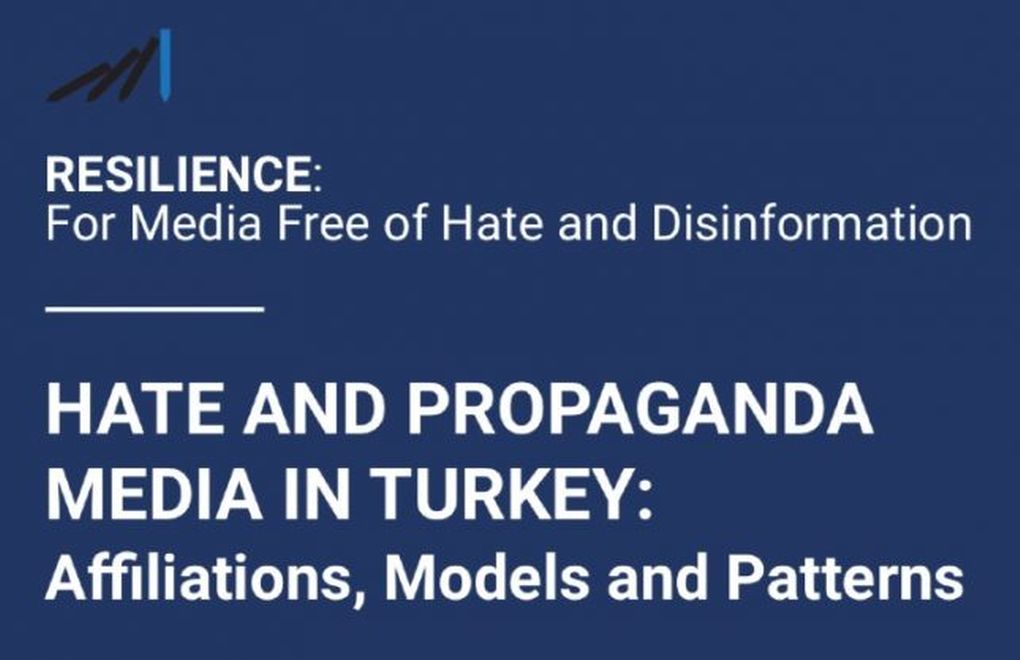
kjhbkhb.jpg)
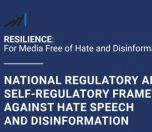
.jpg)
